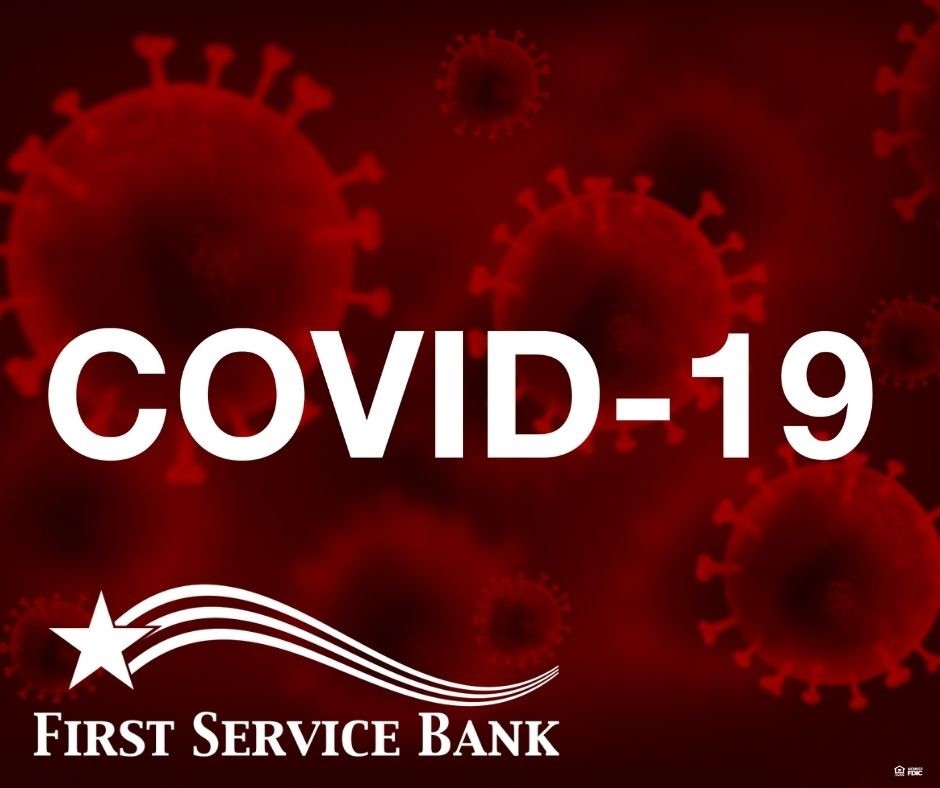The COVID-19 pandemic has given rise to a new rash of tech scammers. Using a technique called “phishing,” they send out fake emails and text messages to unsuspecting consumers. The goal is to either unleash electronic viruses onto computers and other devices that allow access to private information; or the scammers request money under false pretenses.
According to the Federal Trade Commission, nationwide there have been more than 330,000 consumer reports about COVID-19 related scams and fraud. Being cautious and informed about pandemic-related scams is a great step toward preventing them. Listed below are a few resources provided by the Consumer Financial Protection Bureau (CFPB) on how to recognize those scams and remain protected from financial harm.
Types of COVID-19 Related Scams & Tactics
COVID-19 Vaccine Scams
The COVID-19 distribution plan, run on a state-by-state basis, is constantly evolving and often confusing. Scammers, always looking for opportunities to deceive, are taking advantage of the confusion. Beware of scams offering early access to vaccines for a fee. Never share your personal or financial information with someone who calls, texts, or emails you promising you the vaccine for a fee.
What To Do: This is not how the vaccine rollout works. Hospitals, local government, and pharmacies are typically involved in distribution. If you have questions or suspect a scam, call one of these trusted facilities first to find out more about the vaccine plan in your community.
Scams Targeting Social Security Benefits
Although local Social Security Administrations (SSA) Offices are temporarily closed to the public due to COVID-19 concerns, the SSA will not suspend or decrease Social Security benefit payments or Supplemental Security Income payments due to the current COVID-19 pandemic. Scammers have a way of misleading people into believing they need to provide personal information or pay by gift card, wire transfer, internet currency, or by mailing cash to maintain regular benefit payments during this period. Any communication that says SSA will suspend or decrease your benefits due to COVID-19 is a scam, whether you receive it by letter, text, email, or phone call.
What To Do: Contact the Social Security Administration for further advice and to report potential scams.
Unemployment Benefits Scams
Scammers may try to use your personal information to claim unemployment benefits. Some people have reported receiving prepaid cards in the mail with unemployment benefits that they didn’t apply for. Others have reported suspicious transactions and deposits in their bank accounts involving unemployment benefits. Once you receive the funds, a scammer may contact you, pretend to be from the government, and tell you the benefits were deposited by mistake. They will then ask you to send them the money.
What To Do: If you receive an unexpected prepaid card for unemployment benefits or see an unexpected deposit from your state in your bank account, report it right away to your state unemployment insurance office and the bank. If you believe you have been the victim of identity theft, report the incident to your local police and the Federal Trade Commission (FTC) .
For more information on the different types of scams to look out for, visit https://www.consumerfinance.gov/coronavirus/avoiding-scams/



